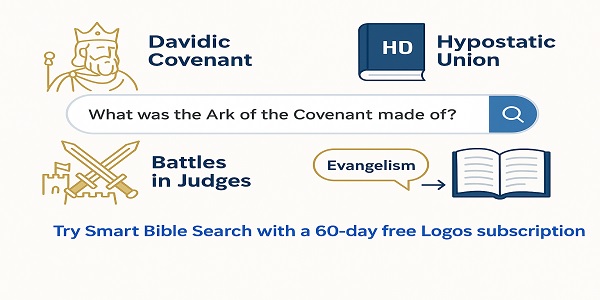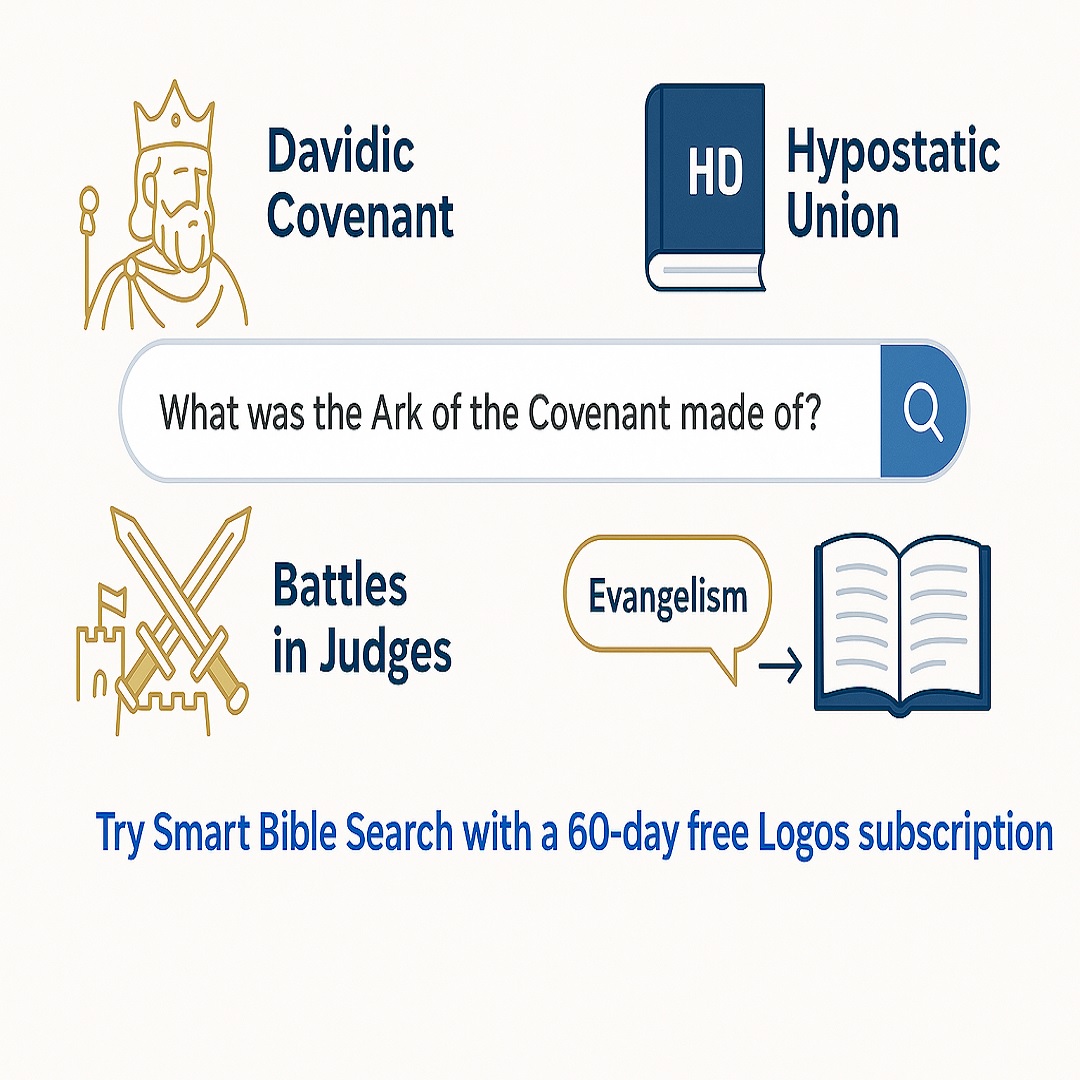What Does Adoption in Christ Mean?
Ephesians 1:5 has believers adoption in Christ being in advance and the work of King Jesus but it does not tell us what it is:
5 He decided in advance to adopt us as his children, working through Jesus Christ to bring us to himself. He was happy to do this because this is what he wanted.
The Gospel of John says we were given “authority to become children of God”.
12 But as many as received him—to those who believe in his name—he gave to them authority to become children of God,1
Reading through these lines, it is too easy to overlook how significant becoming “children of God” is in the concept of adoption in Christ. Romans 8:14-17 begins to cover it in much more detail:
14 For all those who are led by the Spirit of God, these are sons of God. 15 For you have not received a spirit of slavery leading to fear again, but you have received the Spirit of adoption, by whom we cry out, “Abba! Father!” 16 The Spirit himself confirms to our spirit that we are children of God, 17 and if children, also heirs—heirs of God and fellow heirs with Christ, if indeed we suffer together with him so that we may also be glorified together with him. 2
The following elaborate:
14. Sons (υἱοί). See on John 1:12; Matt. 1:1. There is an implied contrast with the Jewish idea of sonship by physical descent.
15. Spirit of bondage – Slavery (πνεῦμα δουλείας). The Holy Spirit, as in Spirit of adoption. The Spirit which ye received was not a spirit of bondage. See ver. 4, under πνεῦμα, 7.
Spirit of adoption (πνεῦμα υἱοθεσίας). The Spirit of God, producing the condition of adoption. Ὑιοθεσία adoption, is from υἱός son, and θέσις a setting or placing: the placing one in the position of a son. Mr. Merivale, illustrating Paul’s acquaintance with Roman law, says: “The process of legal adoption by which the chosen heir became entitled not only to the reversion of the property but to the civil status, to the burdens as well as the rights of the adopter—became, as it were, his other self, one with him … this too is a Roman principle, peculiar at this time to the Romans, unknown, I believe, to the Greeks, unknown, to all appearance, to the Jews, as it certainly is not found in the legislation of Moses, nor mentioned anywhere as a usage among the children of the covenant. We have but a faint conception of the force with which such an illustration would speak to one familiar with the Roman practice; how it would serve to impress upon him the assurance that the adopted son of God becomes, in a peculiar and intimate sense, one with the heavenly Father” (“Conversion of the Roman Empire”).
We cry (κράζομεν). Of a loud cry or vociferation; expressing deep emotion.
Abba (Ἀββᾶ). Compare Mark 14:36. A Syrian term, to which Paul adds the Greek Father. The repetition is probably from a liturgical formula which may have originated among the Hellenistic Jews who retained the consecrated word Abba. Some find here a hint of the union of Jew and Gentile in God.*
16. Beareth witness with our spirit (συμμαρτυρεῖ τῷ πνεύματι ἡμῶν). This rendering assumes the concurrent testimony of the human spirit with that of the divine Spirit. Others, however, prefer to render to our spirit, urging that the human spirit can give no testimony until acted upon by the Spirit of God.
Children (τέκνα). See on John 1:12 above.
17. Joint-heirs. Roman law made all children, including adopted ones, equal heritors. Jewish law gave a double portion to the eldest son. The Roman law was naturally in Paul’s mind, and suits the context, where adoption is the basis of inheritance.
If so be that (εἴπερ). The conditional particle with the indicative mood assumes the fact. If so be, as is really the case.
Suffer with Him. Mere suffering does not fulfil the condition. It is suffering with Christ. Compare with Him—all things, ver. 32.3
In Ephesians, 1:5 the Greek word (huiothesia – υἱοθεσίαν) is used and translated as adoption. It means to “place as a son” and is used only by Paul in the New Testament 5 times. Each occurrence is to readers of Roman background. To Paul, it is the Old Testament idea of Israel’s position as the children of God – “Theirs is the adoption as sons” (Rom. 9:4). Believers become children of God through His gracious choice. Adoption in Christ reveals the full scope of God’s work of salvation in the past, present, and future.
So why am I so much at pains to emphasise all this?
Consequences of Modern Mindset
Modern Christians are often swayed, if not afraid, of the technological advances in society. Human capacity to research has brought about huge advancements in science, Psychology and Psychiatry not to mention other social sciences. The result is that we often feel overwhelmed by information. So much so that we are inclined to accept what is put forward as fact, after all, they have the research and must be correct.
To compound this even further Christians are compassionate and want to be at the forefront of social justice. Thus we were at the forefront of the anti-slavery movement. One could say we started it if we read Paul’s letters. We were also at the forefront of women’s rights. Again there is an argument to be made that, despite many Christian detractors, we started that too, as far back as the Old Testament.
The result is that in our Bible we now read “children” rather than “sons”. “Men and Women” rather than just “Men”. “Brothers and Sisters” rather than “Brothers”. “Humans” rather than “Mankind” or “Man”. However, I have never understood the logic of that last one since all the words, at least partly, still contain the word “Man”. This approach has led to changes in many Christian songs. This has been a good thing for the most part. However, the process has caused something, I think, very significant to be lost.
Women in Biblical Times
In Biblical times the possibility of a woman gaining an inheritance was slim. Let alone having rank without a man in their life. If you had status or rank you could quickly lose it if you lost your husband, father or brother. All your authority was through the male line. You had none in your own right. This did not restrict itself to women either.
Life as an ordinary person in the Roman Empire varied depending on class, location, and occupation, but several common features emerged. Most people lived in modest homes or apartment-style buildings in cities like Rome. The daily life of commoners involved work, family, and social obligations.
Ordinary People in Biblical Times
For the urban poor, survival dominated their lives. Many worked as labourers, craftsmen, or street vendors.
Slavery spread widely, which severely limited social mobility. Slaves worked in homes, fields, or public projects, and while some earned their freedom, most remained in their low-status roles. The system severely limited any chance of gaining rank, making it impossible for most people.
Possibilities for Advancement in the Roman Empire
Military Service
Serving in the Roman legions offered a key path to advancement, particularly for lower-class men. After years of service, soldiers could earn land, a pension, or even Roman citizenship if they were not already. Distinguished service could lead to promotions and eventual command positions.
Trade and Business
Merchants, craftsmen, and other tradesmen could accumulate wealth and move up the social ladder through successful businesses. Freedmen (former slaves) often became wealthy entrepreneurs, sometimes gaining influence or integrating into the elite classes.
Political Office
For Roman citizens of wealth, the “cursus honorum” was the path to political power. Starting with lower offices like quaestor or aedile, ambitious men could rise to positions of great authority, such as consul or governor. The wealthy elite largely reserved this path for themselves.
Slaves and Freedmen
Slaves had limited means of advancement, but manumission (being freed by their masters) provided some opportunities. Freedmen often continued working for their former owners or started businesses, sometimes amassing significant wealth. While they could not hold high public office, their descendants could.
Education and Patronage
Education and skilled professions (like law or medicine) offered upward mobility, particularly if someone could secure the patronage of a wealthy or influential Roman. Patron-client relationships allow individuals to gain favour and possibly higher status through their benefactor’s support.
Overall, while the rigid class structure of Roman society limited mobility, avenues for advancement did exist, especially through military service, wealth accumulation, and connections with powerful patrons.
I hope you are beginning to see where I am going with this.
Adoption, Unimaginable, Unbelievably Mind-blowing
What Paul promotes with the idea of adoption in Christ, is nothing short of unimaginable and unbelievably mindblowing to the average reader in his time. To rise from the bottom of the dung pile to have a “place as a son”. A person holds a rank that death or misfortune can never take away. This rank isn’t superior but equal to everyone else’s. In Christ, no one can ever force you to act against your will again. Women and slaves had innate wealth rank and privilege. Nothing, Nothing could take it away.
A woman was now a son and heir with rank, status and wealth. As does everybody else that is “IN HIM”.
So next time you read a King James version of the Bible and read the term “Son” before you are too quick to transpose it with children or human or any other term, consider the Male Royal status it gives you and relish in it for a while.
========================================
1 W. Hall Harris III et al., eds., The Lexham English Bible (Bellingham, WA: Lexham Press, 2012), Jn 1:12.
2 W. Hall Harris III et al., eds., The Lexham English Bible (Bellingham, WA: Lexham Press, 2012), Ro 8:14–17.
3 Marvin Richardson Vincent, Word Studies in the New Testament, vol. 3 (New York: Charles Scribner’s Sons, 1887), 91–92.


 Search The Bible the way you have always wanted to.
Search The Bible the way you have always wanted to.


 The most complete Bible study Platform. Start you Free trial Now!
The most complete Bible study Platform. Start you Free trial Now!

